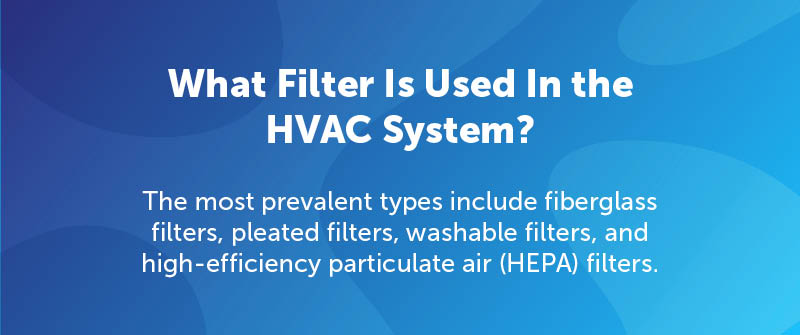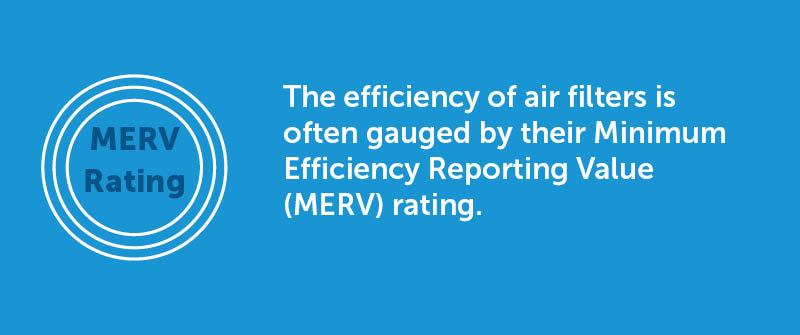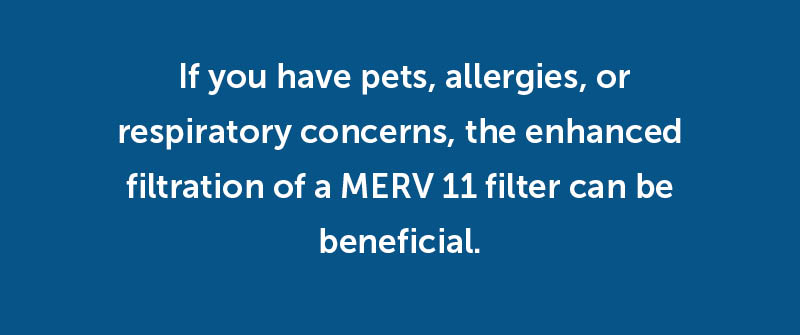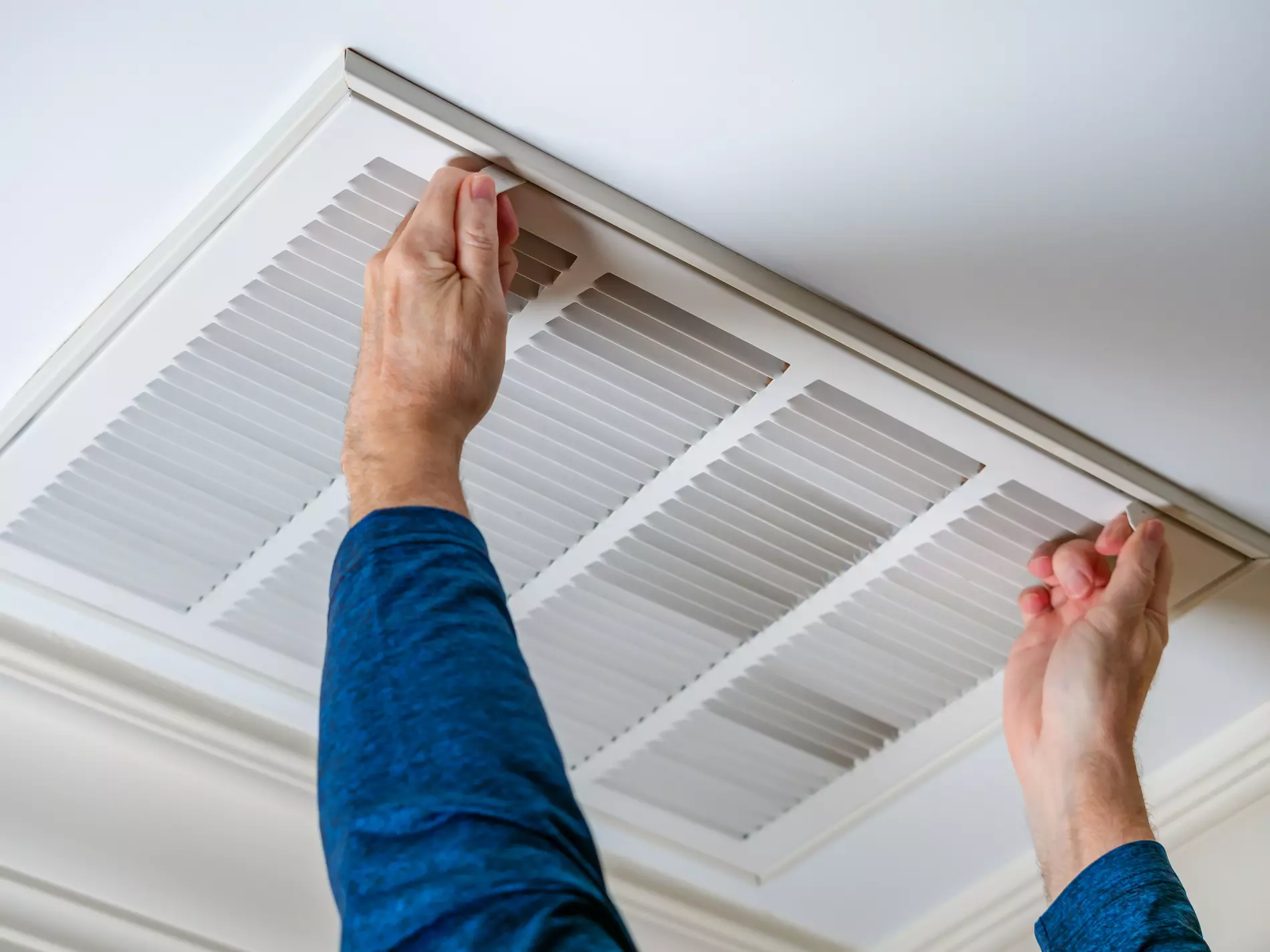What Filter Is Used In the HVAC System?
Introduction to Various HVAC Filters
When it comes to your air conditioning filter replacements for your HVAC system, the choice of filters plays a critical role in maintaining indoor air quality and system efficiency. There are several types of filters commonly used in HVAC systems, each offering different levels of filtration and benefits. The most prevalent types include fiberglass filters, pleated filters, washable filters, and high-efficiency particulate air (HEPA) filters. Let’s break down what each type offers.
Electrostatic filters are another option to consider. These air conditioning filters capture airborne pollutants through electrically charged plates or grids. One of their key benefits is their reusability, as they can be washed and reused, making them ideal for environments with high levels of pollutants or for individuals with allergies. However, there are considerations to keep in mind, such as their potential for ozone production and the need for professional installation.

What are Fiberglass Filters?
Fiberglass filters are the most basic and cost-effective option. They are made from layers of fiberglass fibers and are designed to protect the HVAC system from larger dust particles, but they do not excel at improving indoor air quality.
What are Pleated Filters?
Pleated filters offer better filtration than fiberglass filters. Made from polyester or cotton paper, they are effective at capturing small particles and improving air quality in your home. Learn more about if pleated air filters restrict airflow.
What are Washable Filters?
Washable filters are reusable and can be cleaned periodically. While they may cost more upfront, they can be more economical in the long run. However, they typically have a lower filtration efficiency compared to pleated filters.
What are HEPA Filters?
HEPA filters are the gold standard for air filtration, capable of trapping 99.97% of airborne particles as small as 0.3 microns. While they are highly effective, they can also be more restrictive to airflow, making them less suitable for some HVAC systems without specific modifications. Additionally — true HEPA filters are not normally found in residential applications.
Overview of Filter Efficiency and MERV Ratings
The efficiency of air filters is often gauged by their Minimum Efficiency Reporting Value (MERV) rating. Different filters use specific filter media designed to optimize purification and maintain air quality. The MERV scale ranges from 1 to 20, with higher ratings indicating better filtration capabilities. For residential HVAC systems, filters with a MERV rating between 8 and 13 are generally recommended for a balance of filtration and airflow.
Fiberglass Filters:
MERV 1-4
Pleated Filters:
MERV 5-13
HEPA Filters:
MERV 17-20

Differences Between HEPA and Other Common Filters
While HEPA filters provide the highest level of particulate filtration, they are not suitable for use in whole-house residential applications. HEPA filters can be used in portable room air cleaners if specific allergies or health conditions necessitate this level of filtration. On the other hand, pleated filters offer a good balance of affordability and filtration efficiency, making them a popular choice for many homeowners. Fiberglass filters are mainly used for their low cost and basic protection of HVAC components, whereas washable filters offer reusability but generally lower filtration performance compared to disposable pleated filters.
What Is The Most Common Type Of Air Filter?
When it comes to the most common type of air filter in residential HVAC systems, the disposable pleated filter often tops the list. These filters are made from polyester or cotton paper and are favored for their affordability and efficiency in trapping particles like dust, pollen, and pet dander. You’ll often find them rated between MERV 6 and MERV 13, making them a versatile choice for various household needs. In contrast, the more specialized HEPA filters, while highly efficient, are typically reserved for settings that require ultra-fine filtration, such as hospitals or industrial applications.
Disposable pleated filters are popular because they offer a good balance between cost and performance. They’re easy to replace and can last anywhere from one to three months, depending on household conditions. However, it’s essential to replace them regularly to maintain optimal airflow and filtration efficiency. Neglecting to do so can make your HVAC system work harder, reducing its lifespan and efficiency.
Another choice that’s picking up steam in consumer markets is the washable or reusable filter. These have a higher upfront cost but can be washed and reused multiple times, making them a sustainable option. However, they generally don’t provide the same level of filtration as disposable pleated filters and might not be suitable for households with allergy sufferers.
So, what do consumer reports say? Most would agree that the best filter is one that balances performance and cost while meeting your individual needs. If you’re looking for a simple, no-fuss solution, a disposable pleated filter is your best bet. For those more concerned with sustainability and willing to invest a bit more initially, washable filters could be the way to go. Either way, the truth about home air filters is that regular maintenance and timely replacements are crucial to keep your home air quality at its best.

What Is The Most Common Size Of HVAC Filter?
Choosing the right size filter for your HVAC system is crucial in maintaining good air quality and system efficiency. Without the proper filter size, you risk either reduced filtration capacity or undue stress on your HVAC system, both of which can lead to performance issues and increased energy consumption.
Standard Sizes for Residential HVAC Systems
In residential HVAC systems, there are several common sizes of filters that you are likely to encounter. The most typical dimensions are 16×20 inches, 20×20 inches, 16×25 inches, and 20×25 inches. Knowing the right size for your system is vital not just for the sake of convenience but for optimal system performance as well. Make sure to check your existing filter or your system’s manual to find the exact size needed.
Impact of Filter Size on Air Quality and System Efficiency
Using the correct size filter can greatly impact both air quality and the efficiency of your HVAC system. A filter that is too small may not effectively trap dust, pollen, and other contaminants, while a filter that is too large may not fit properly and thereby allow unfiltered air to bypass the filter entirely. Properly fitting filters ensure that the air passing through your system is clean and that your HVAC system does not work harder than it needs to.
How to Measure and Choose the Right Size Filter for Your System
To measure for a new filter, simply remove your current one and take note of the dimensions printed on its side. If the size isn’t printed, use a tape measure to record the exact length, width, and depth of your existing filter. Always round up to the nearest whole number when choosing your new filter’s dimensions to ensure a proper fit.
In conclusion, understanding how many filters your HVAC system uses and the precise sizes needed can make a significant difference in home air quality and system longevity. Our experts at Discount Filters are always available to assist you in finding the best filter for your home HVAC system. Remember, taking the time to measure and select the correct size filter is a small step that has substantial benefits.

Is Merv 11 Too High For Residential?
When it comes to selecting the right air filter for your home HVAC system, a key factor to consider is the MERV rating. MERV, or Minimum Efficiency Reporting Value, indicates how effectively a filter captures particles of varying sizes. The higher the MERV rating, the better the filter is at trapping specific types of particles. However, with higher efficiency comes the question: Is MERV 11 too high for residential use?
Explanation of MERV Ratings
MERV ratings range from 1 to 16, with 1 being the least effective and 16 the most. Residential filters typically range from MERV 5 to MERV 13. Filters with higher MERV ratings, such as MERV 11, are effective at capturing smaller particles, such as pet dander, dust mites, and even some bacteria. To put things in perspective, a MERV 8 filter captures larger particles like pollen and dust, while a MERV 11 filter goes a step further and can trap finer particles.
Suitability of MERV 11 Filters for Residential Use
A key concern with higher MERV ratings is whether they may restrict airflow. While a MERV 11 filter is more efficient, it does create more resistance compared to a MERV 8 or MERV 9 filter. Many residential HVAC systems are designed to handle this slight increase in resistance without significant issues, but it’s essential to check your system’s specifications or consult with an HVAC professional.
Another factor is your household’s specific needs. If you have pets, allergies, or respiratory concerns, the enhanced filtration of a MERV 11 filter can be beneficial. These filters are designed to improve indoor air quality, making your living space healthier, which can be particularly important in homes with sensitive individuals.

Balancing Air Flow and Filtration Efficiency
Finding the right balance between airflow and filtration efficiency is crucial. Using a MERV 11 filter can certainly offer superior air quality, but if your HVAC system isn’t equipped to handle the reduced airflow, it can lead to potential problems like decreased system longevity and higher energy bills. To ensure optimal performance and longevity of your HVAC system, it’s advisable to have regular maintenance and filter checks.
Ultimately, a MERV 11 filter is a strong choice for residential use if you prioritize higher air quality and your system can manage the airflow constraints. Whether you opt for a MERV 11 filter or another type, keeping your air filter clean and regularly replacing it will help maintain your home’s air quality and your HVAC system’s efficiency.
Explore our extensive selection of air and water filters to find the perfect match for your home. Keep your environment fresh and clean with the right filtration solutions today.

